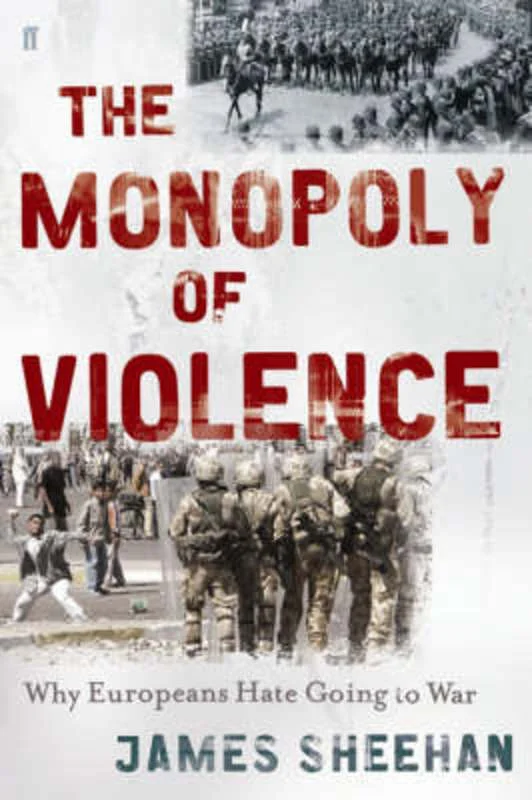In 1899, an International Peace Conference convened in The Hague. The representatives of the world's most militarised states came together to debate the possibility of disarmament, the banning of certain weapons and the crafting of rules of war. History has not been kind to that conference: within twenty years, Europe and much of the rest of the world was drowned in blood by those same powers for whom 'the monopoly of violence' was so crucial. And less than twenty years after the First World War ended, an even more savage war without limits of any kind took the lives of fifty million people.
Yet since 1945, the European states which have glamorised their military elites, and made going to war the highest expression of patriotism, have renounced violence as a way of settling their disputes. This astonishing reversal is the subject of James Sheehan's masterly book. It is nothing less than the story of war and peace in the twentieth-century Europe.
The Monopoly of Violence is also a timely reminder of the differences between Europe and America, at a time when the USA is asserting its right and duty to make war for ideological or self interested ends. Will Europe as a whole learn to use some form of military power to defend its own interests, when necessary? Or will it remain in thrall to a USA whose armed might it both respects and fears?

